The Globetrotting History of Metal
DATA VISUALIZATION
The history of Metal is long and convoluted. With it's origins in Blues and Rock and Roll, Heavy Metal began solidifying as it's own distinct genre in the 1970s. The styles being played quickly proliferated into many sub-genres during the 1980s. While it would be impossible to map out all permutations, influences, and sub-genres, here is a relatively high-level overview of the web of influences:
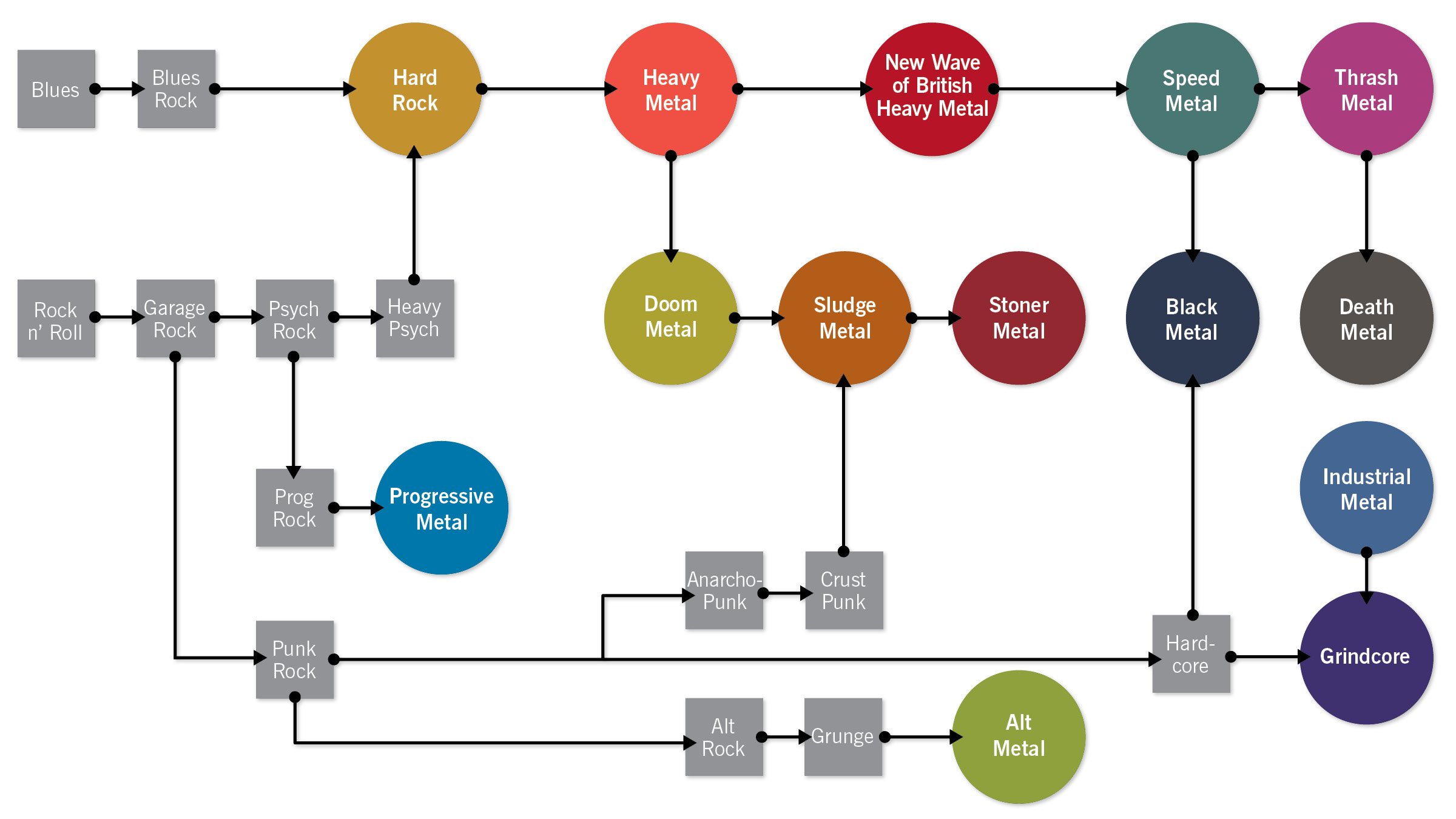
The 1980s was a time of experimentation of new styles and then codification of entire new sub-genres and sub-cultures in the metal scene. The early pioneers in Hard Rock and Heavy Metal mostly originated from the United Kingdom. In the 1980s, the faster offshoots of metal developed (such as Thrash Metal and Speed Metal) in the United States. Then Scandinavian countries took the speed and ferocity of Thrash and Speed metal, and paired it with an oppressive darkness and obession with death, thus spawing Death and Black Metal. You can see this expansion of styles and sub-genres in the timeline below.
One interesting thing to note is that Metal bands have surprisingly long lifespans. Many of the bands that got their starts in the 1970s and 1980s are still playing today. Some broke up for a period of time (represented by the line fading out, then reappearing) only to get back together for reunion runs years later.
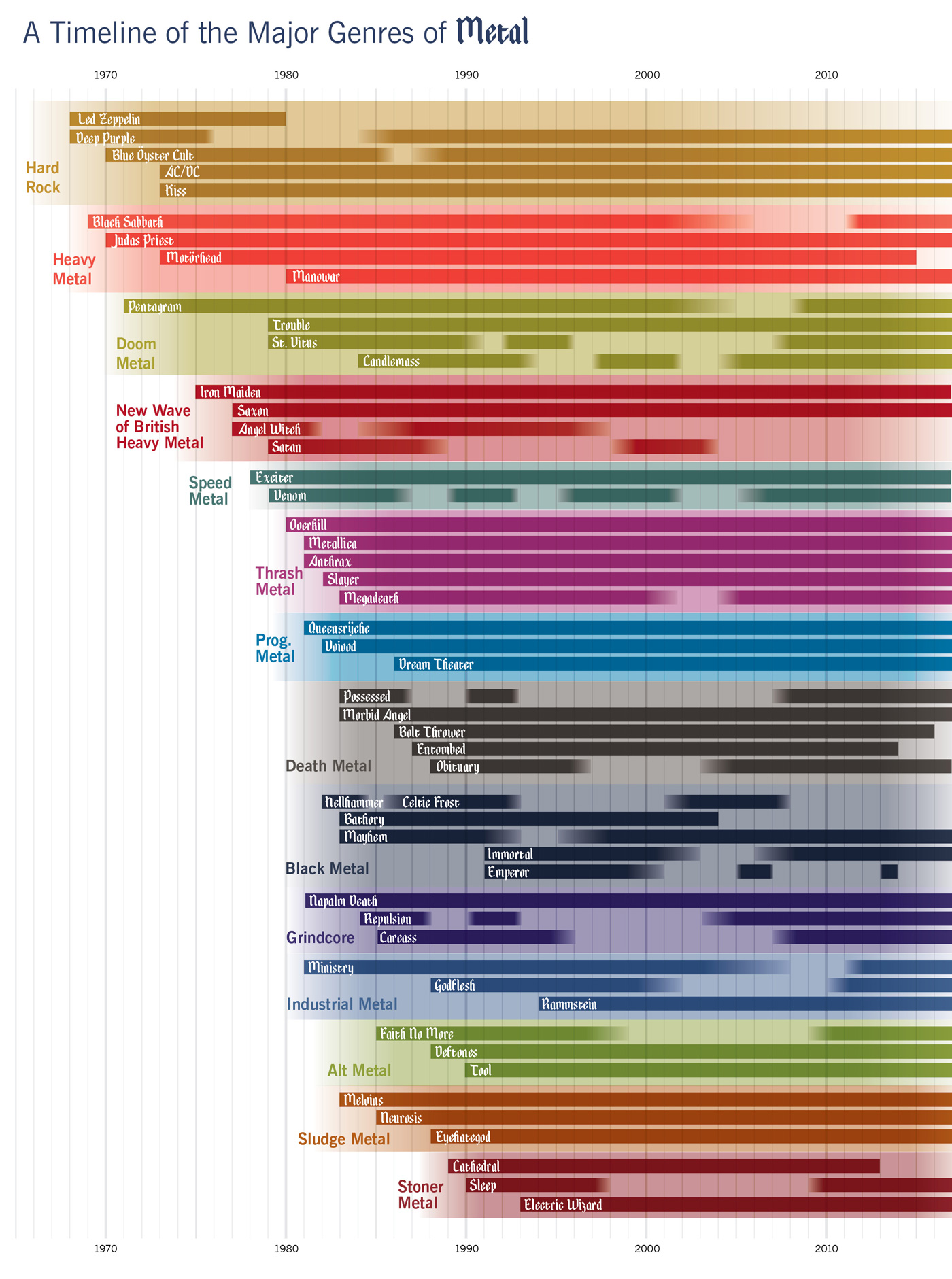
By looking at the Country of Origin for major artists of the various sub-genres, Metal looks like a very Western scene. It's dominated by the U.S. and U.K., with some other major artists popping up in Europe and major English speaking countries.

However, Metal is a global phenomenon. This dates back to pre-internet days, when zines, tape-trading, and mail order catalogs let LPs circle the globe. With the rise of file sharing, music blogs, YouTube, and Google, the global audiences for Metal sub-genres exploded. It can be difficult to pin down exact data for the number of listeners for various genres. This could be done by looking at the number of plays for certain artists on specific platforms. But the data would be skewed by the penetration rates of that platform in each country. And how would you pick which artists to represent a genre as a whole?
I ended up looking at Google Search Trend data. With the exception of China, Google Search is used in almost every country. By using Google Trends data, it's agnostic as to artist, or platform. It just shows how much "interest" a given country has about a genre. Additionally, by choosing "Black Metal" the topic, rather than "Black Metal" the search tearm, Google Trends will show search data for that phrase or related phrases in various languages, not just an exact english language match.
I then created maps of four of the bigger sub-genres. While I expected to see Scandinavian countries high on the list, I was surprised that some of the biggest audiences for metal is in South and Central America. Additionally, there are pockets of metal fans in Indonesia and Nepal. See below for the maps (data is for 2004–2017):
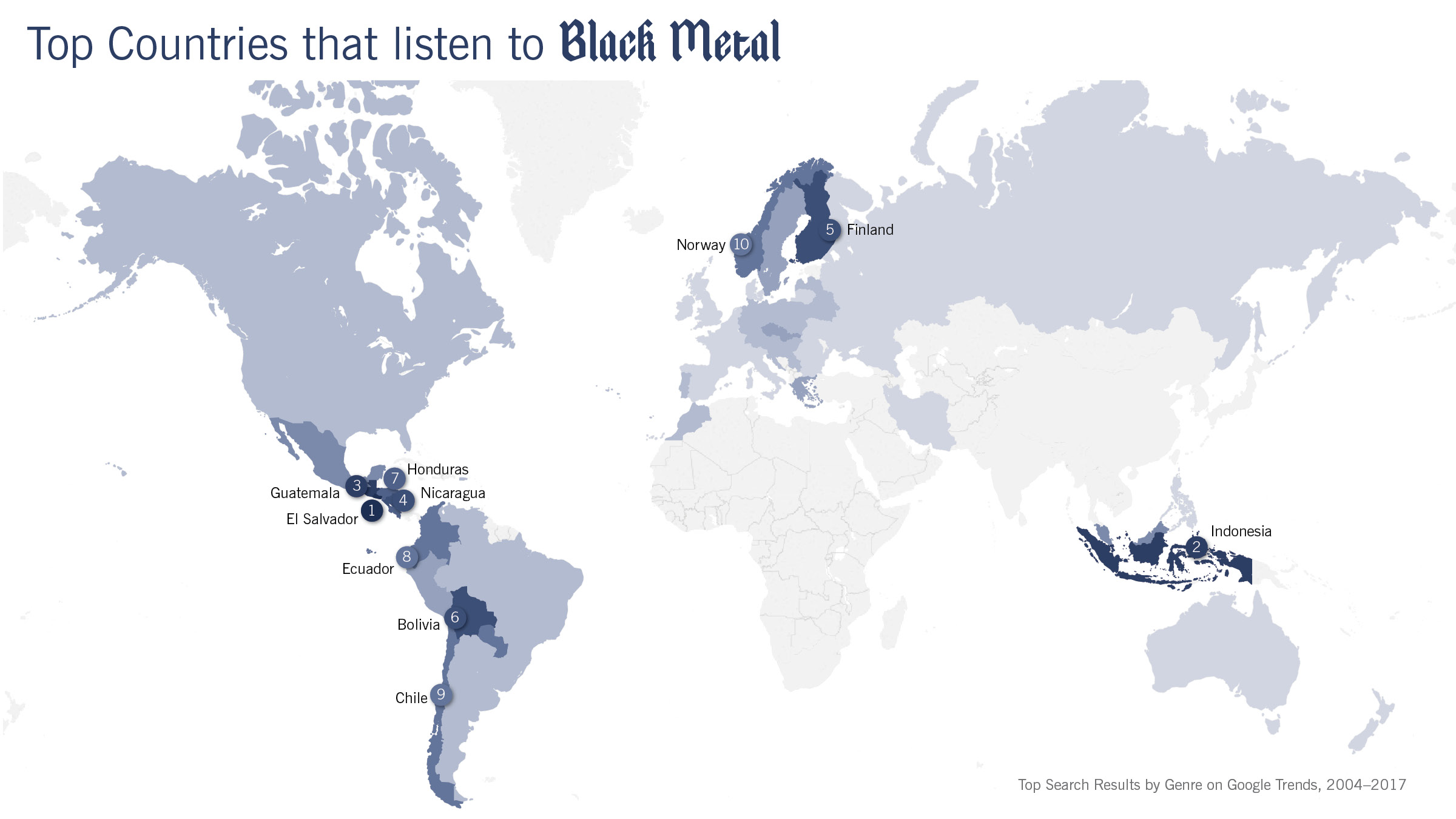
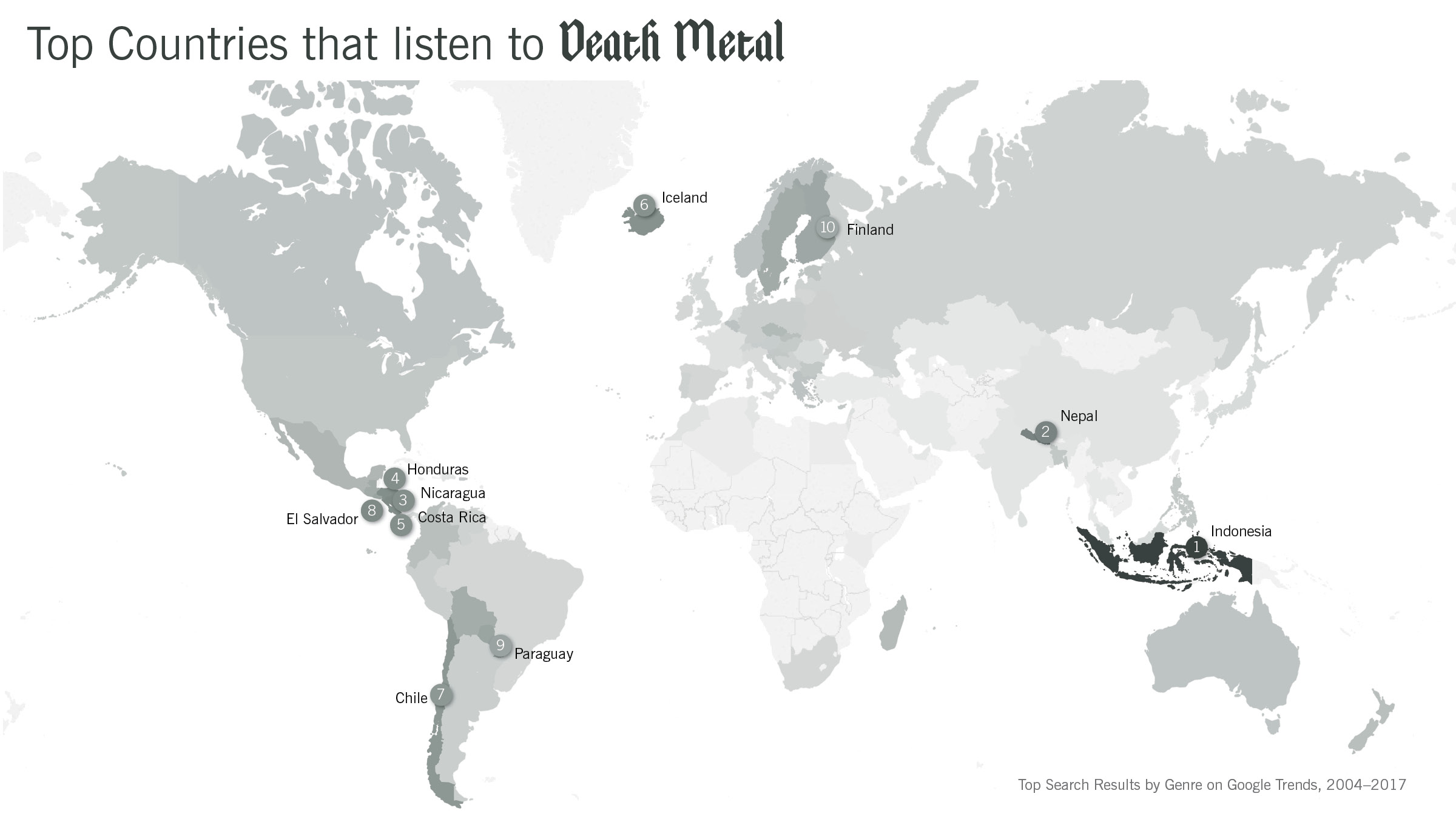
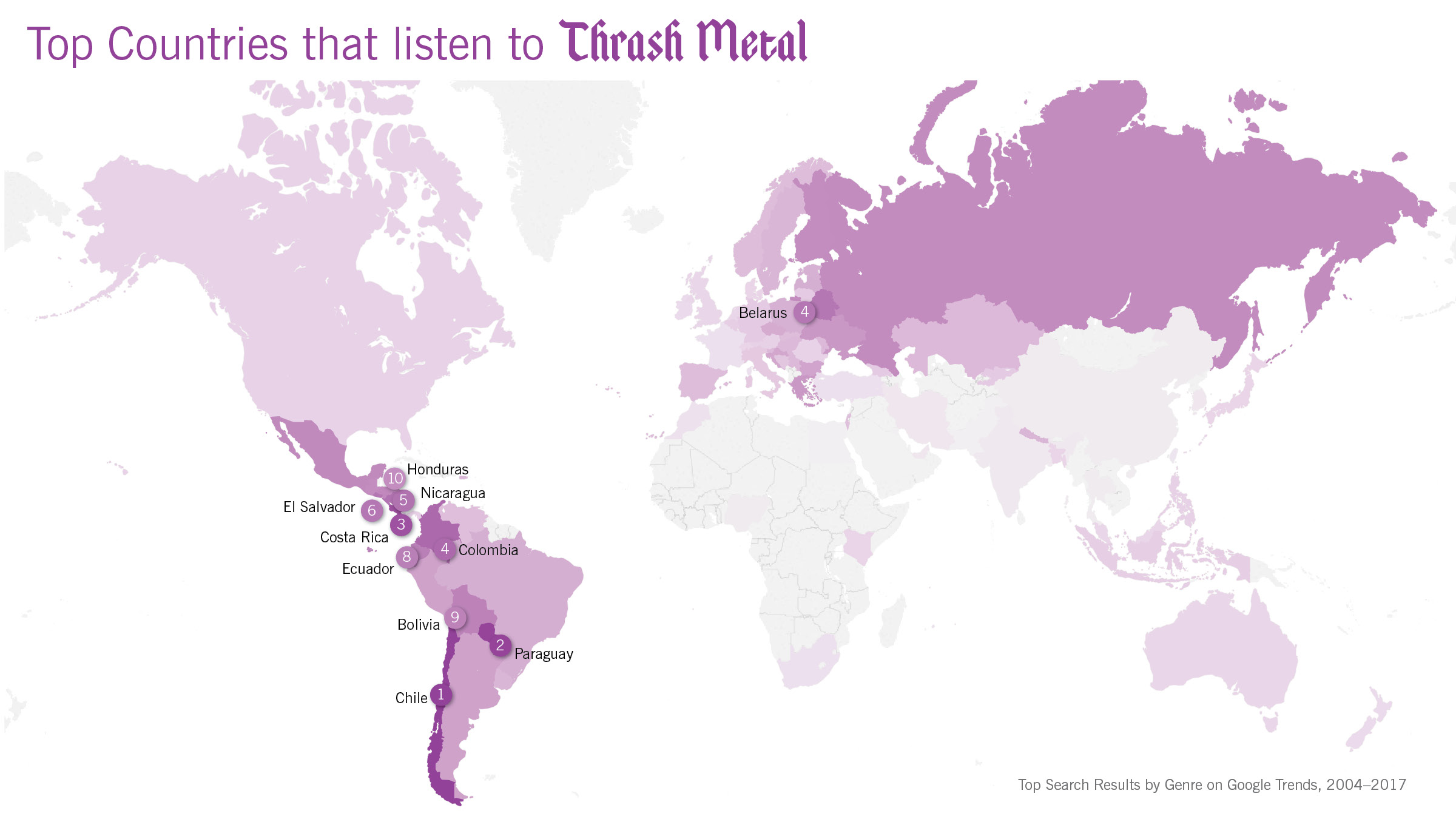
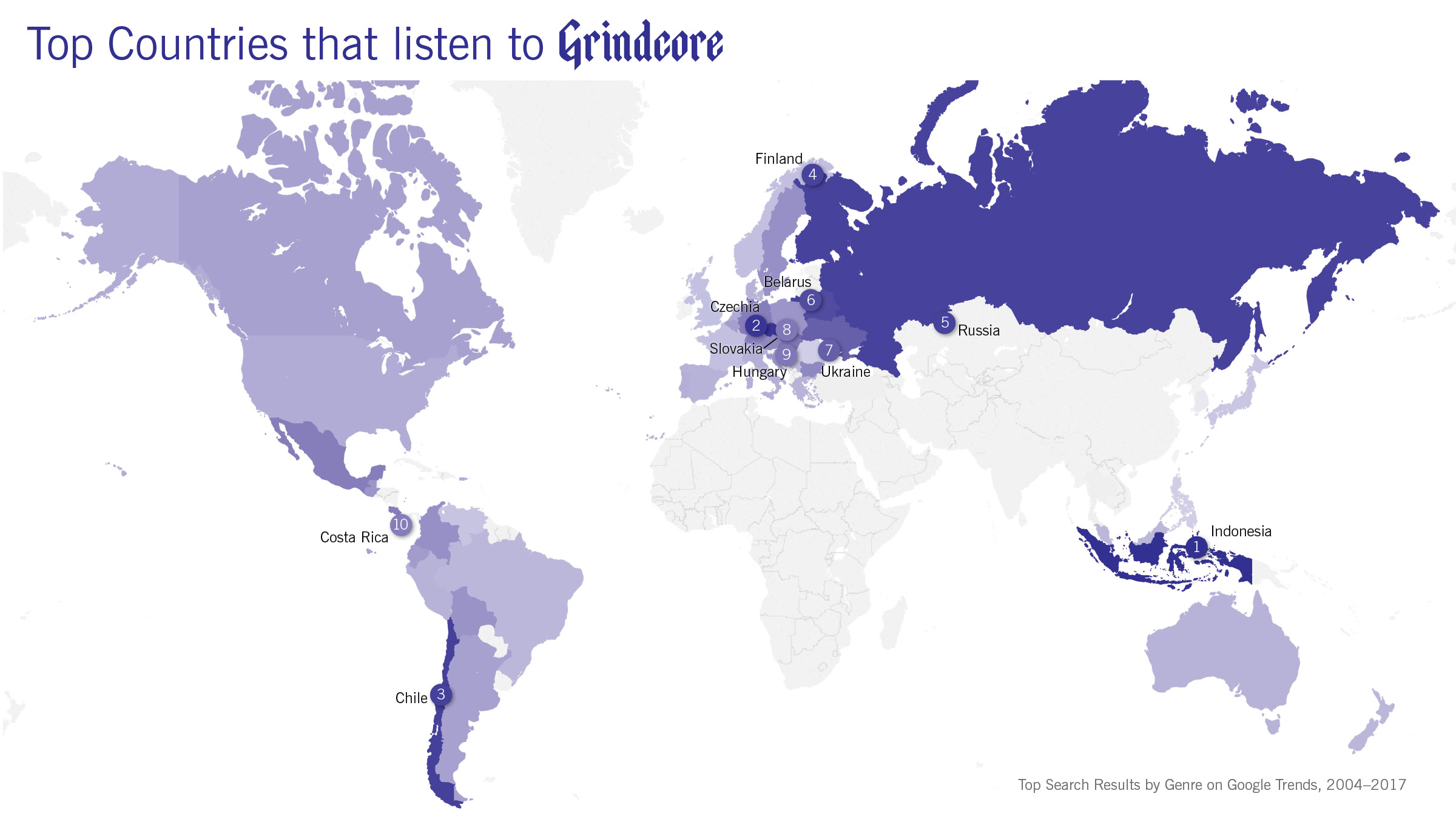
Other Projects:
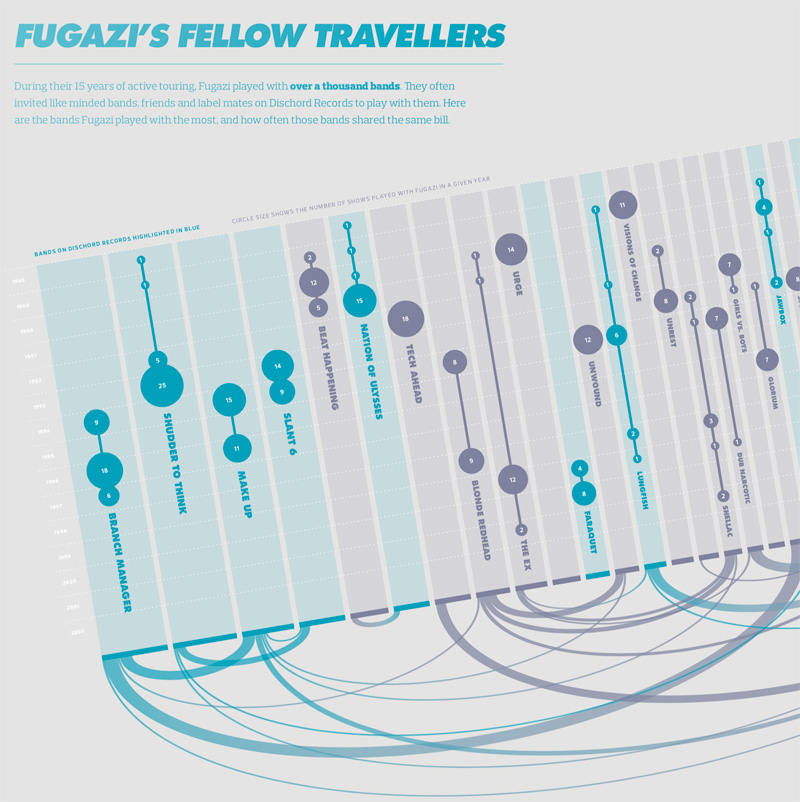
Visualizing the History of FugaziData Visualization
COVID-19 Testing Trends TrackerData Visualization
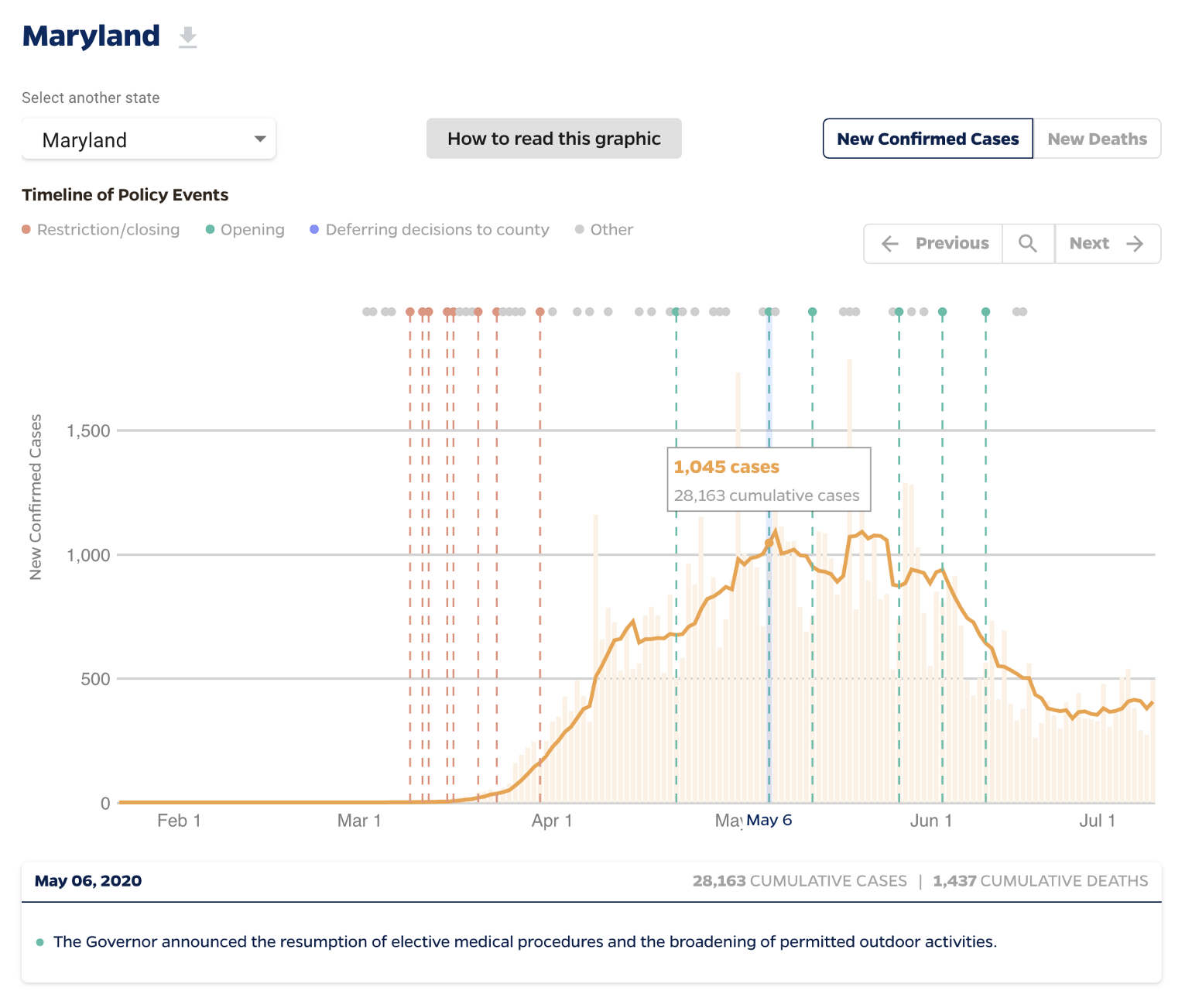
Timeline of COVID Policies in the U.S.Data Visualization
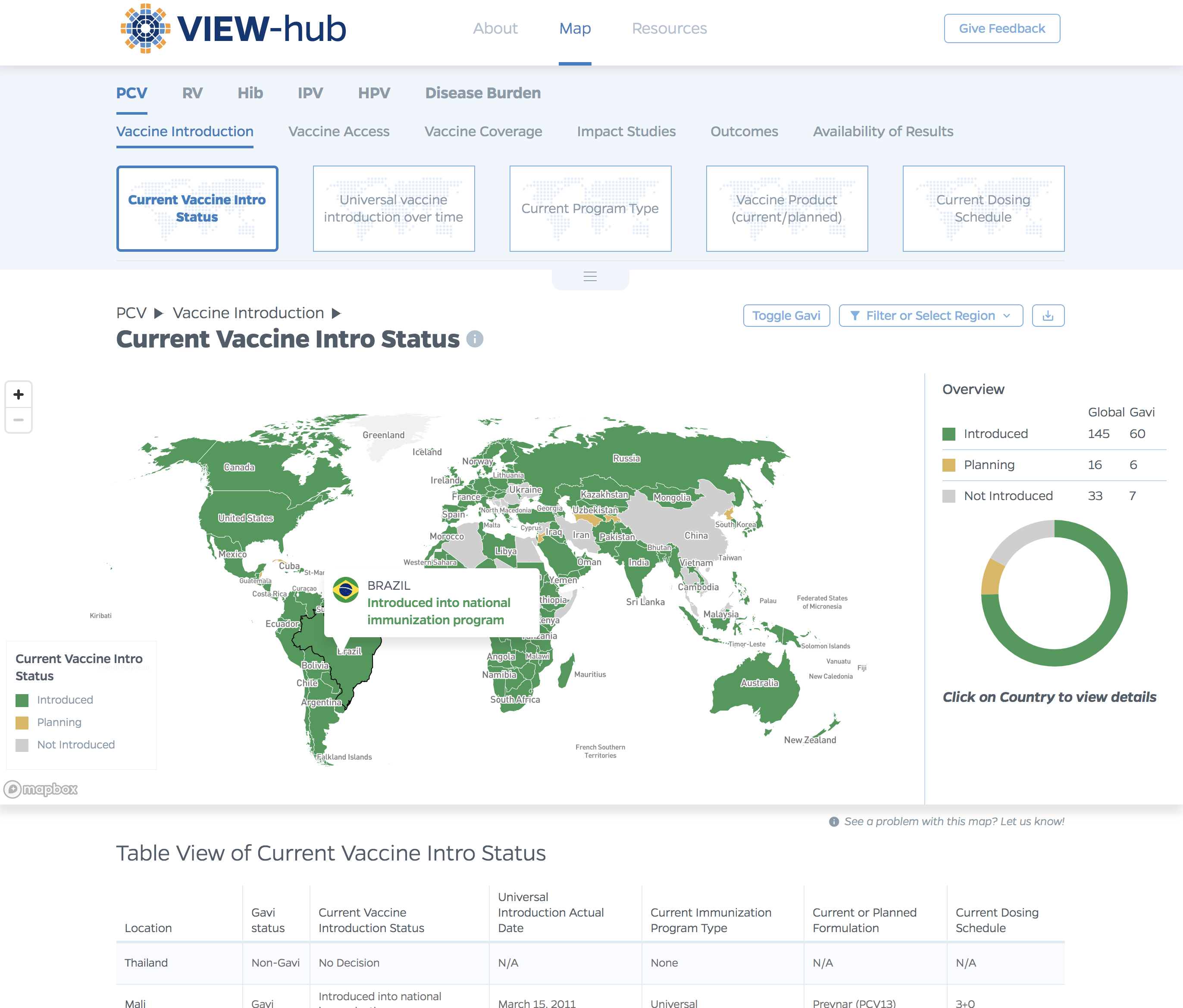
VIEW-hub website designUI/UX Design & Data Visualization
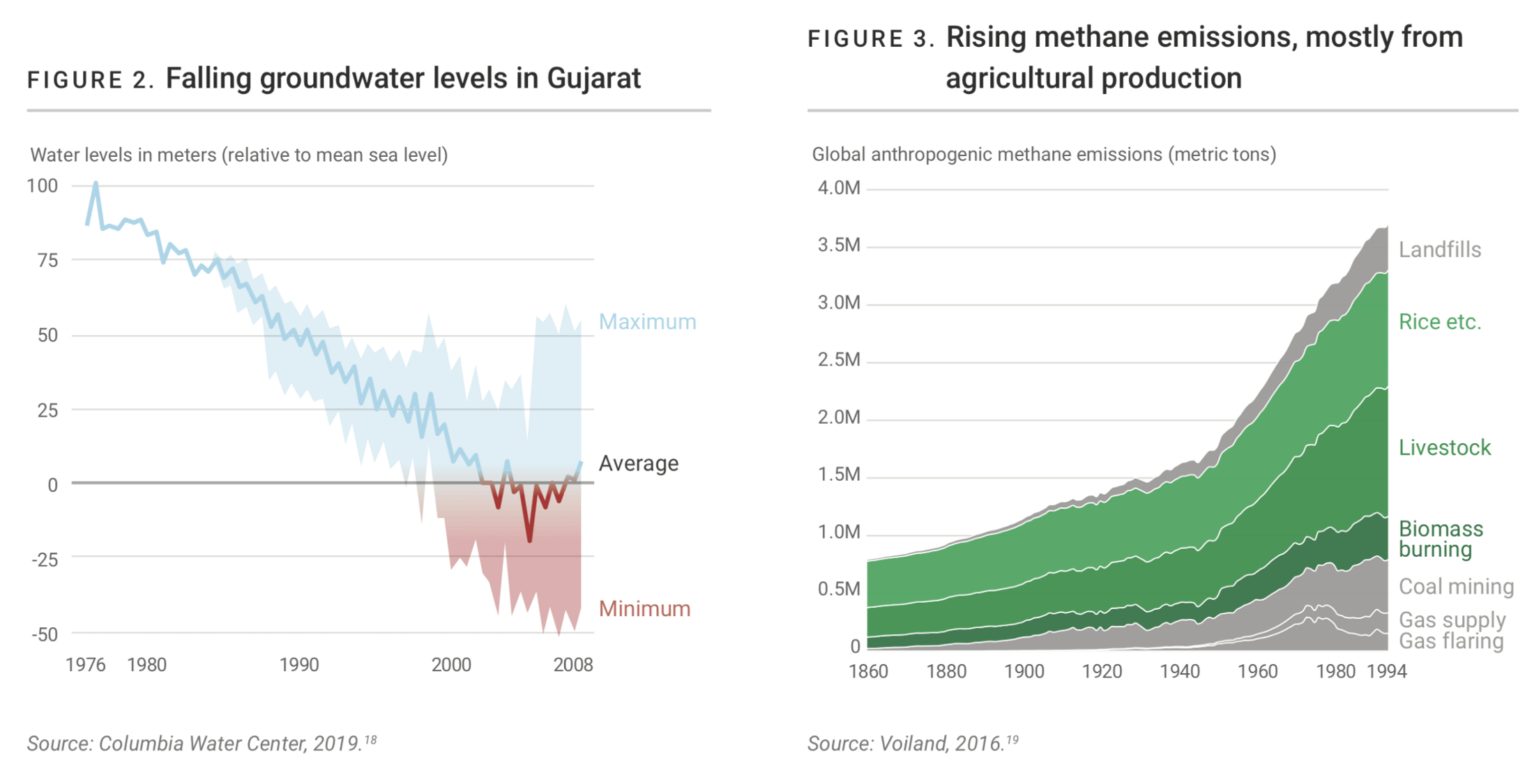
Transforming Food Systems Under Climate ChangeData Visualization & Report Design
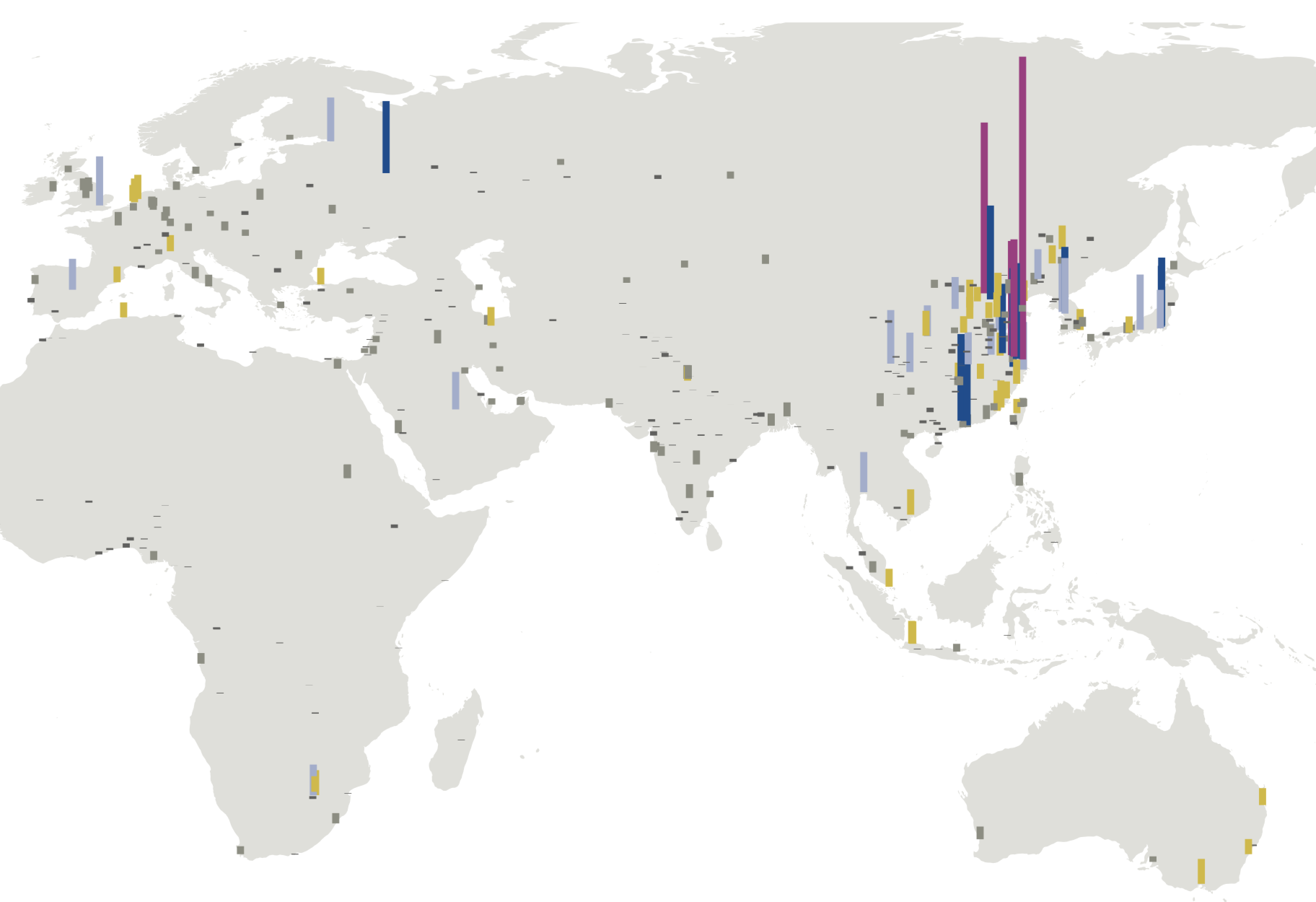
Towards a More Equal CityData Visualization
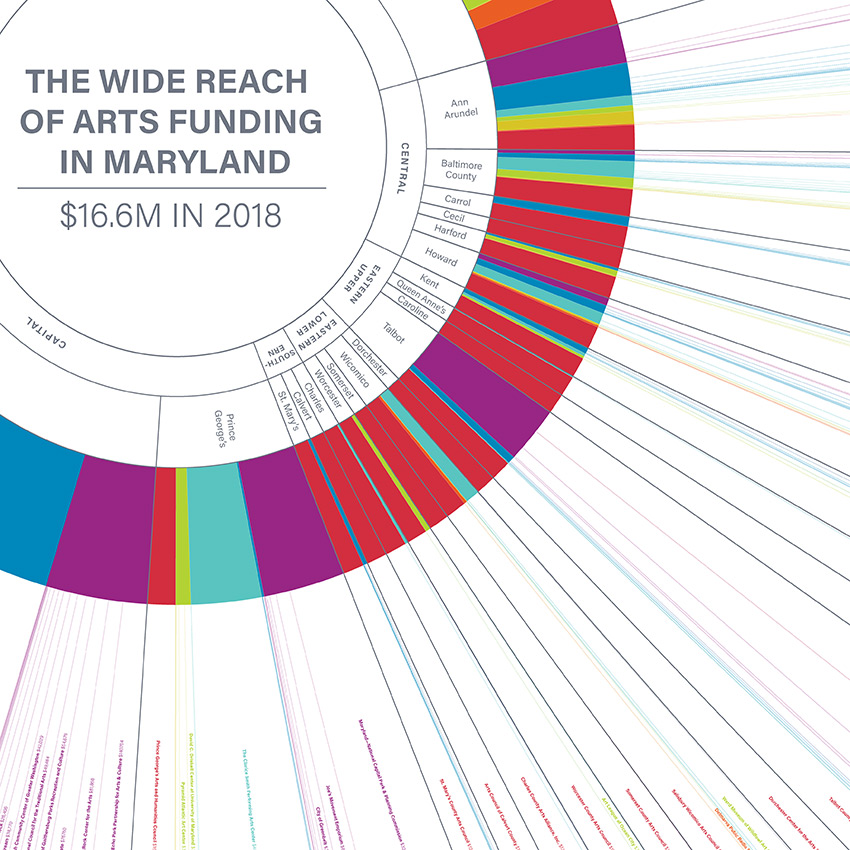
Wide Reach of Arts Funding in MarylandData Visualization
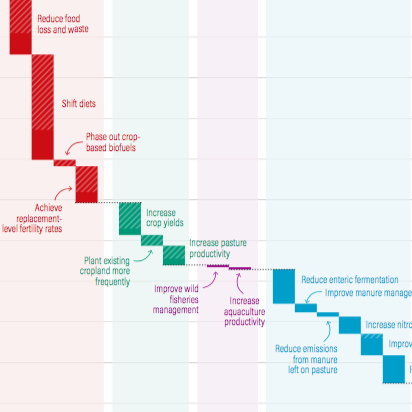
Creating a Sustainable Food FutureData Visualization & Report Design
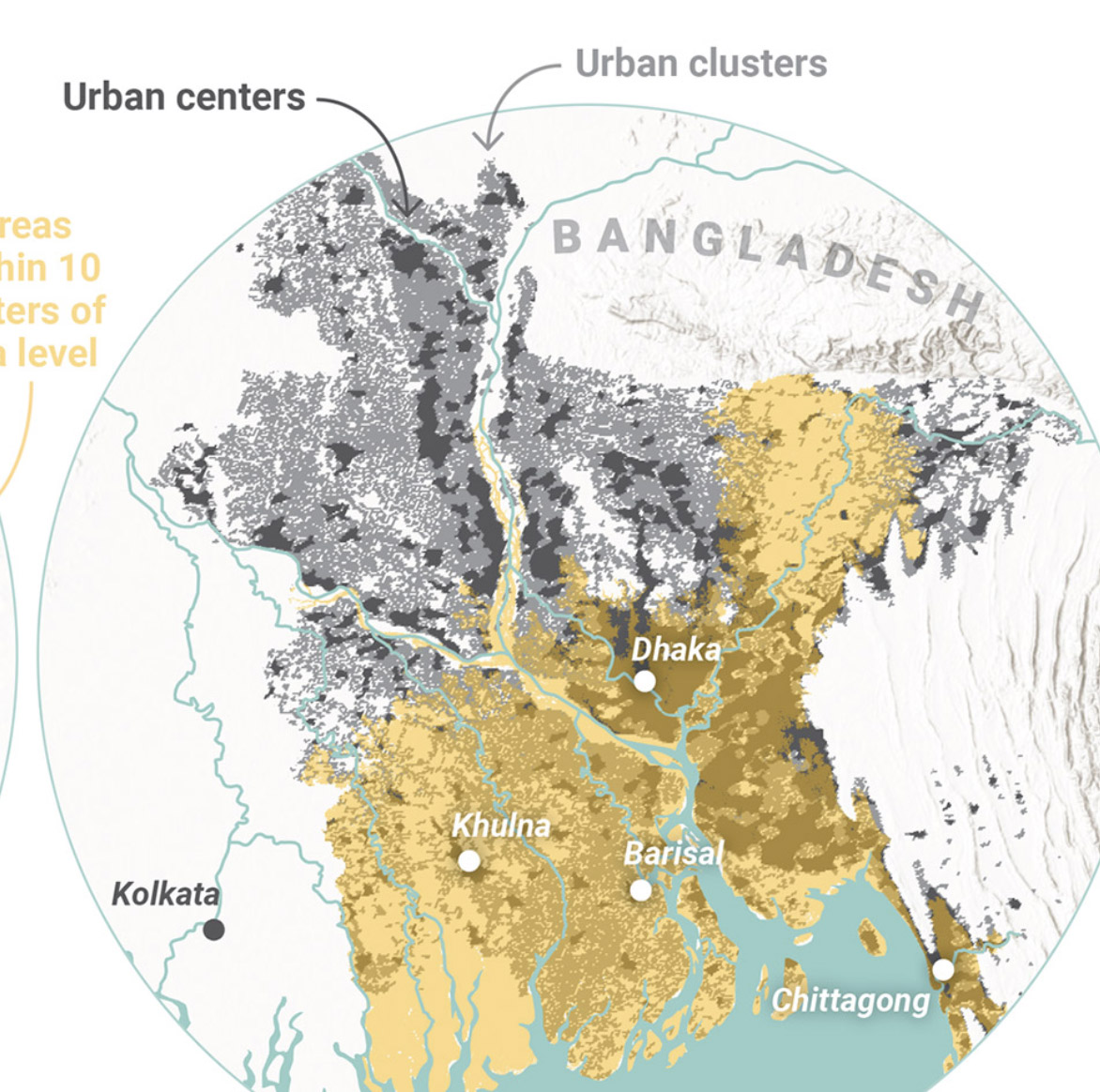
Global Commission on AdaptationMap & Infographic Design

Logo & Branding projectsLogo design
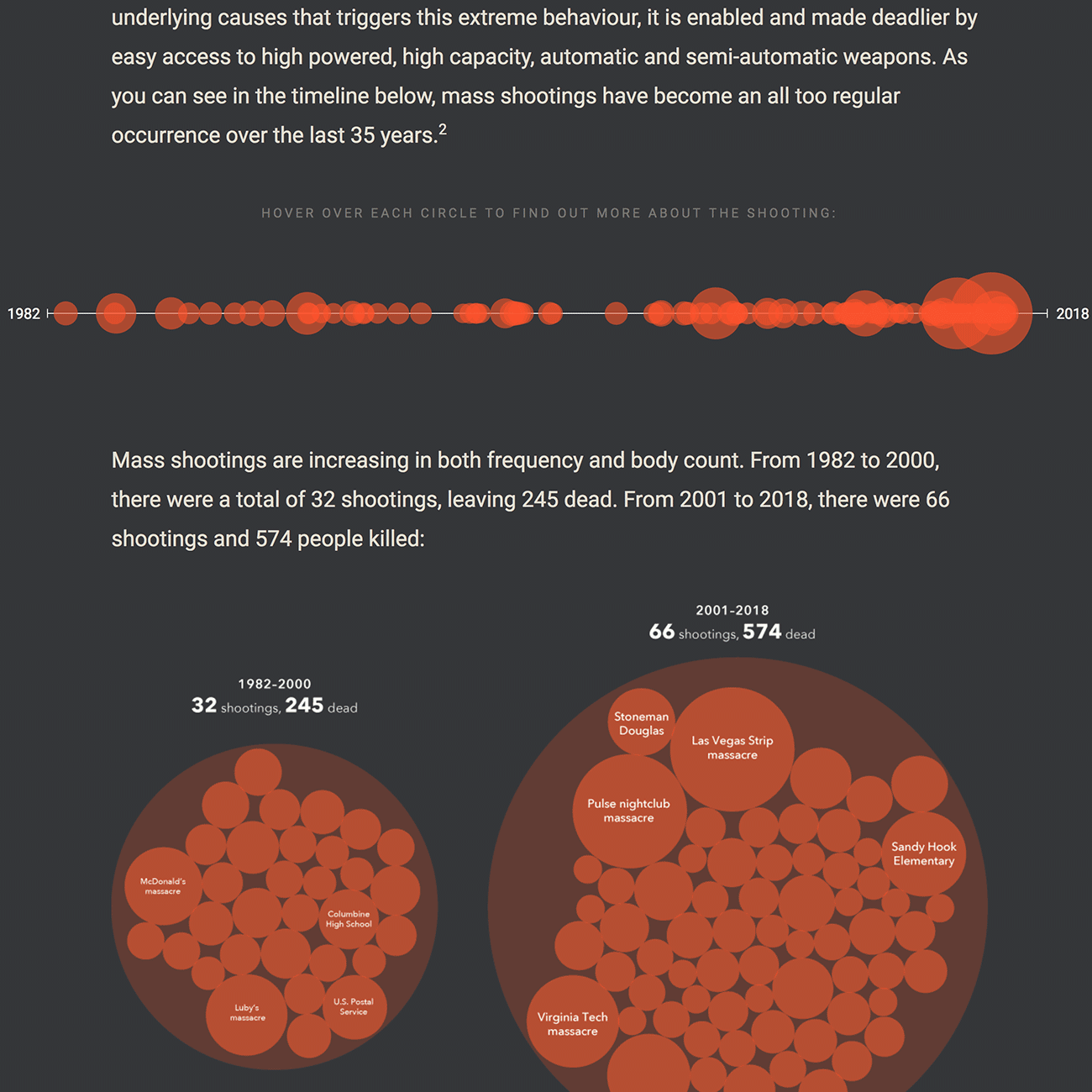
Sensible Gun Laws NowInteractive
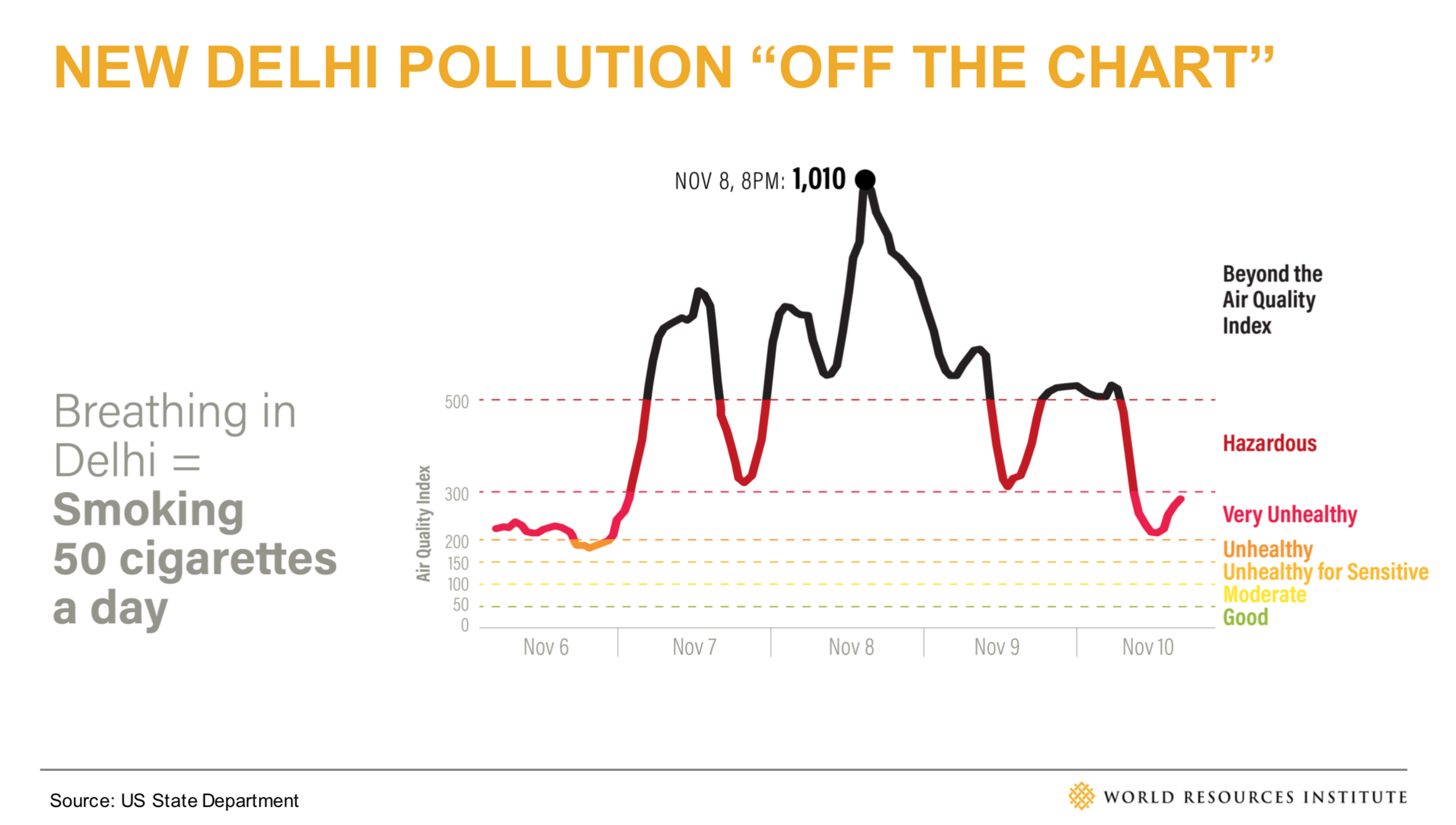
Stories to WatchPresentation Design

Globetrotting History of MetalData Visualization
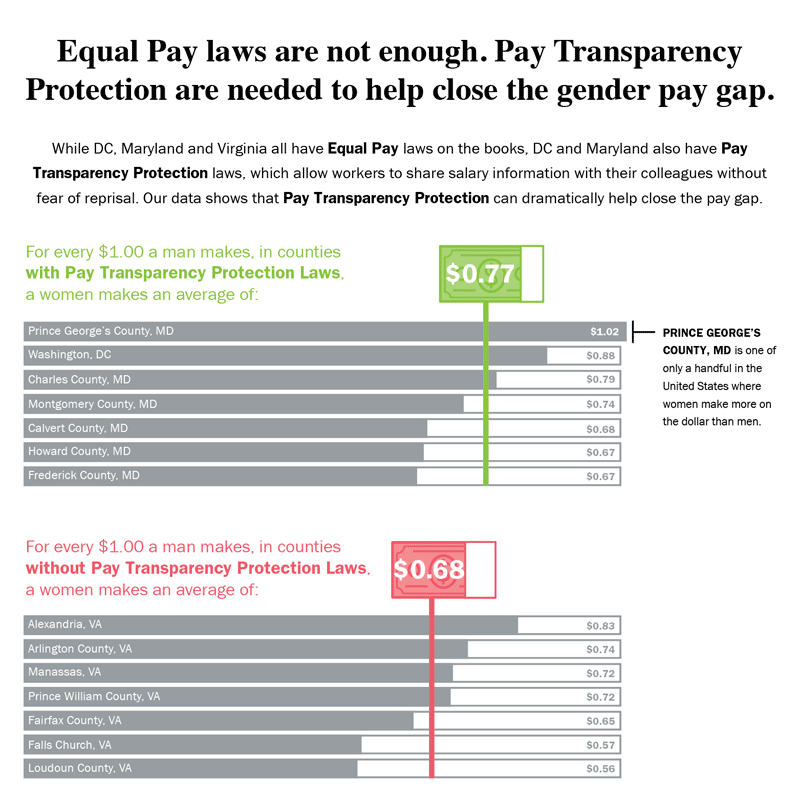
Equal Pay Laws are Not EnoughData Visualization

How to Record Your BandInfographic
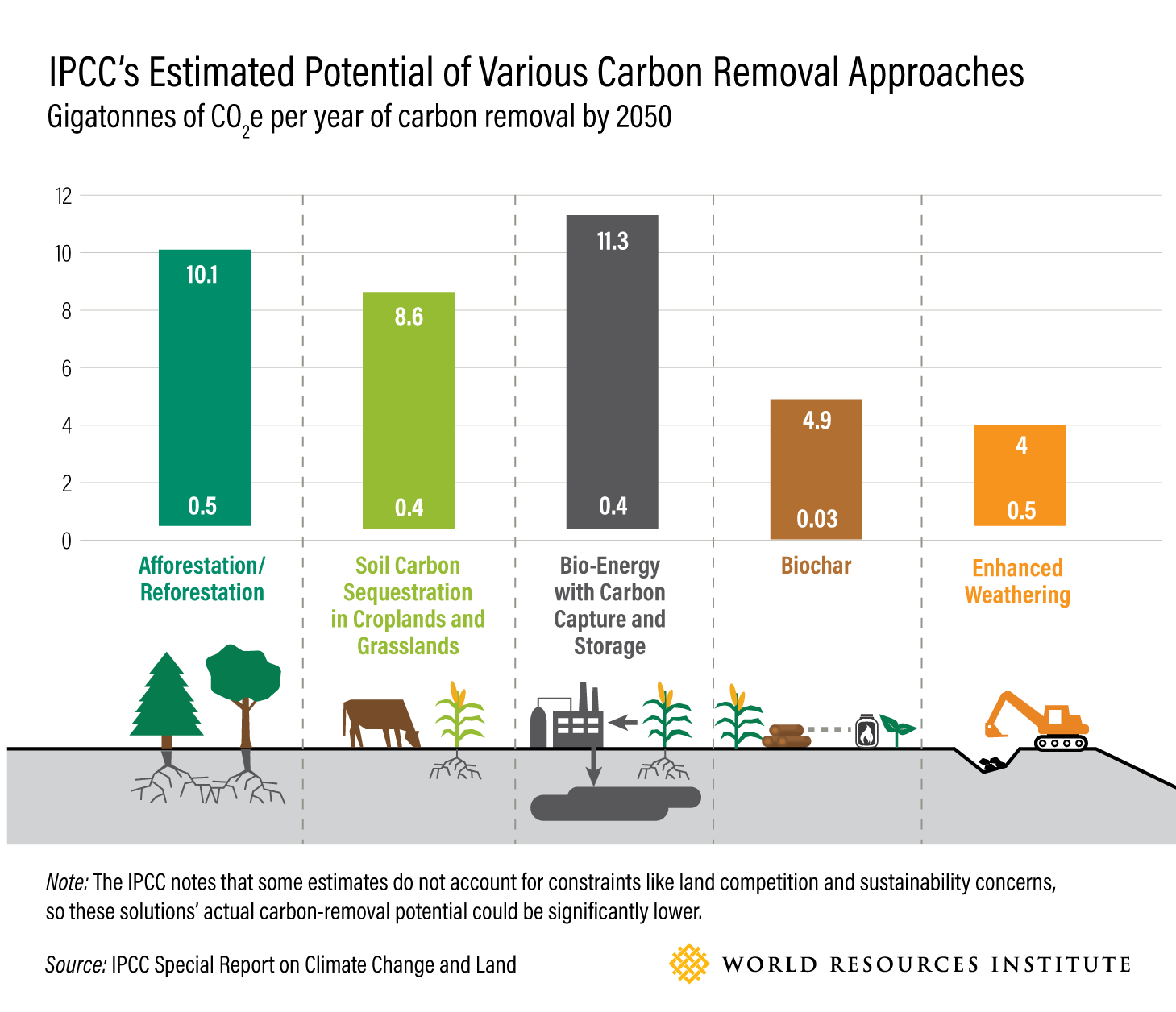
WRI Blog graphicsCharts & graphs
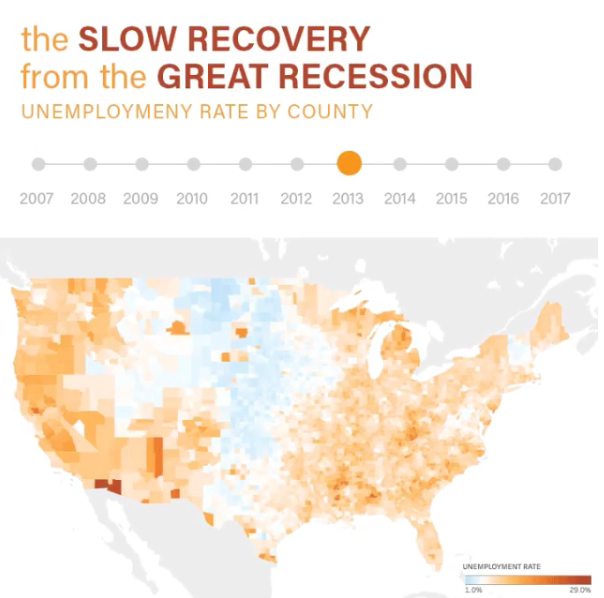
The Slow Recovery from the Great RecessionInteractive
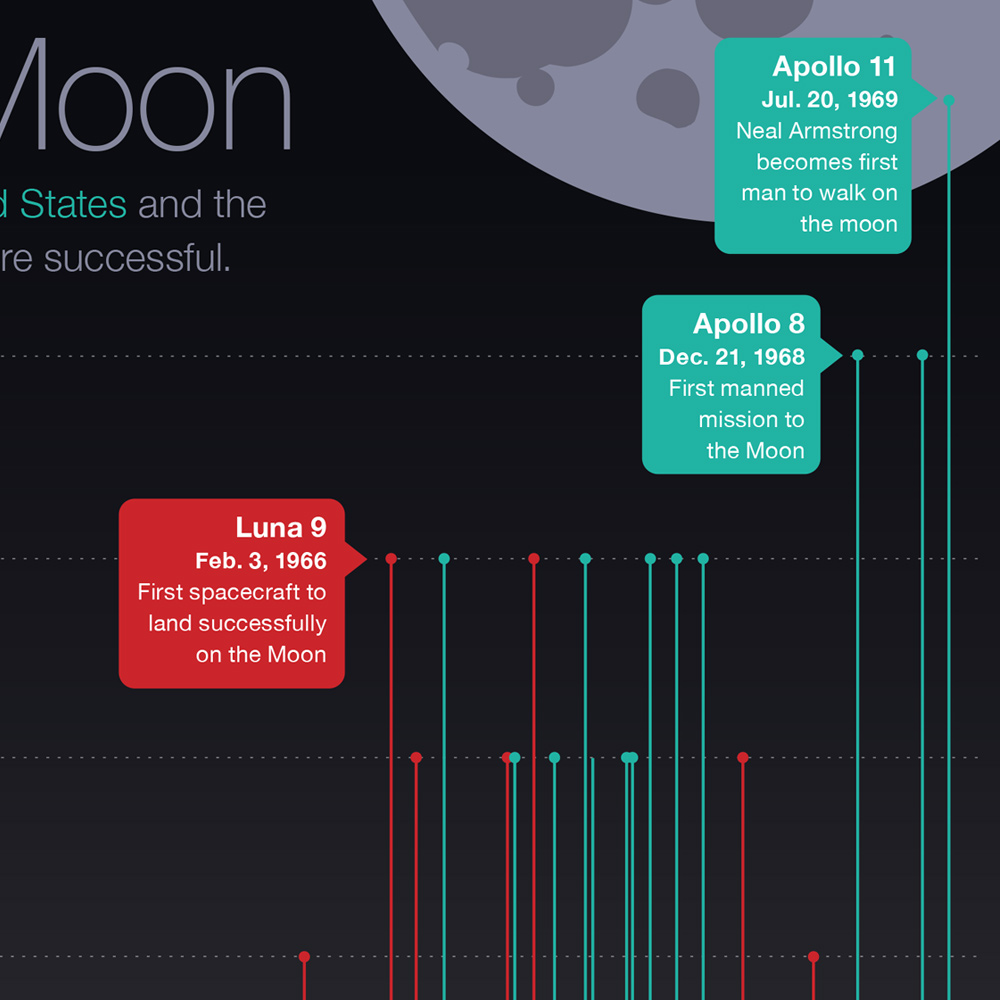
The Race to the MoonInfographic
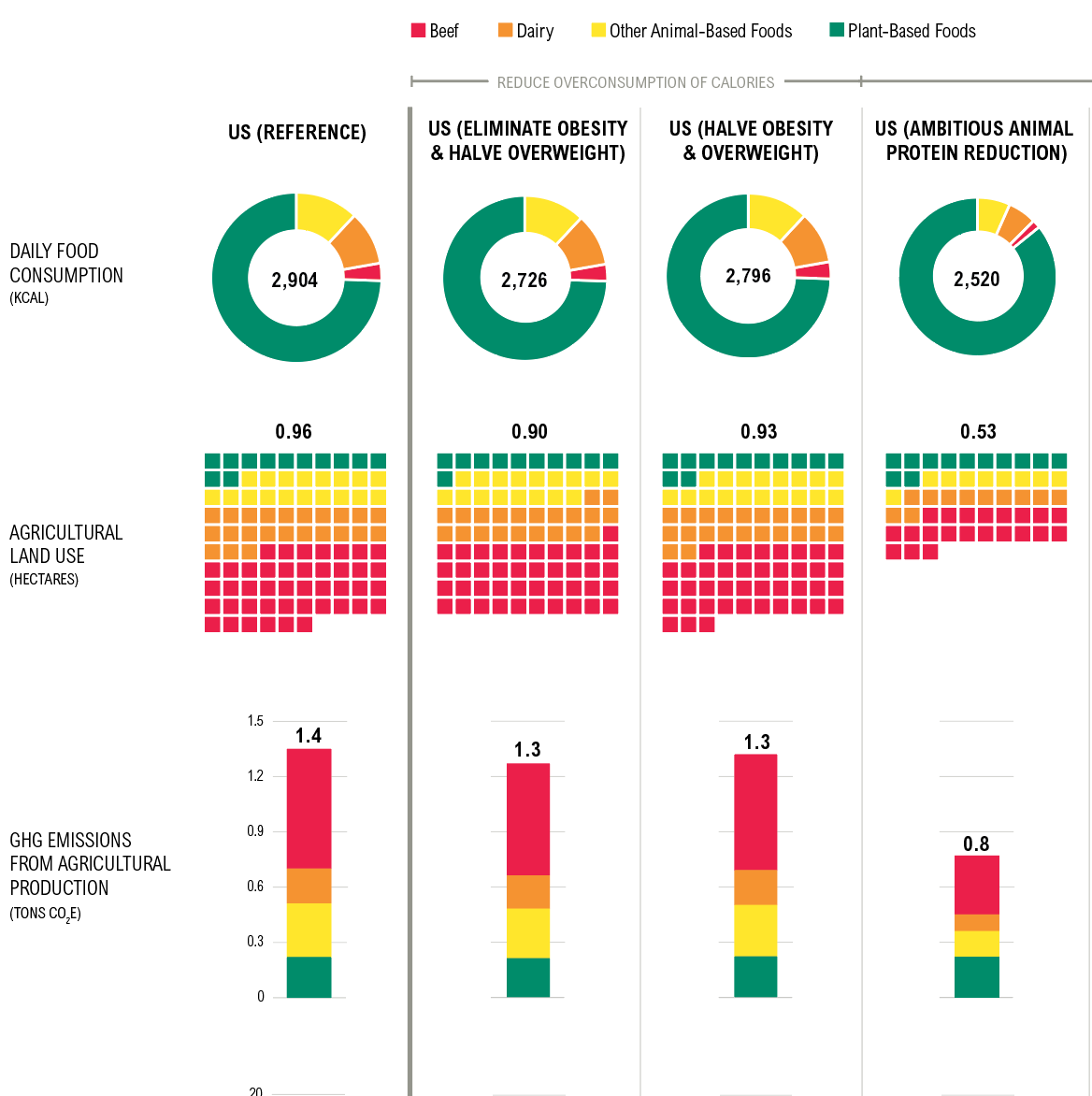
Shifting DietsData visualization
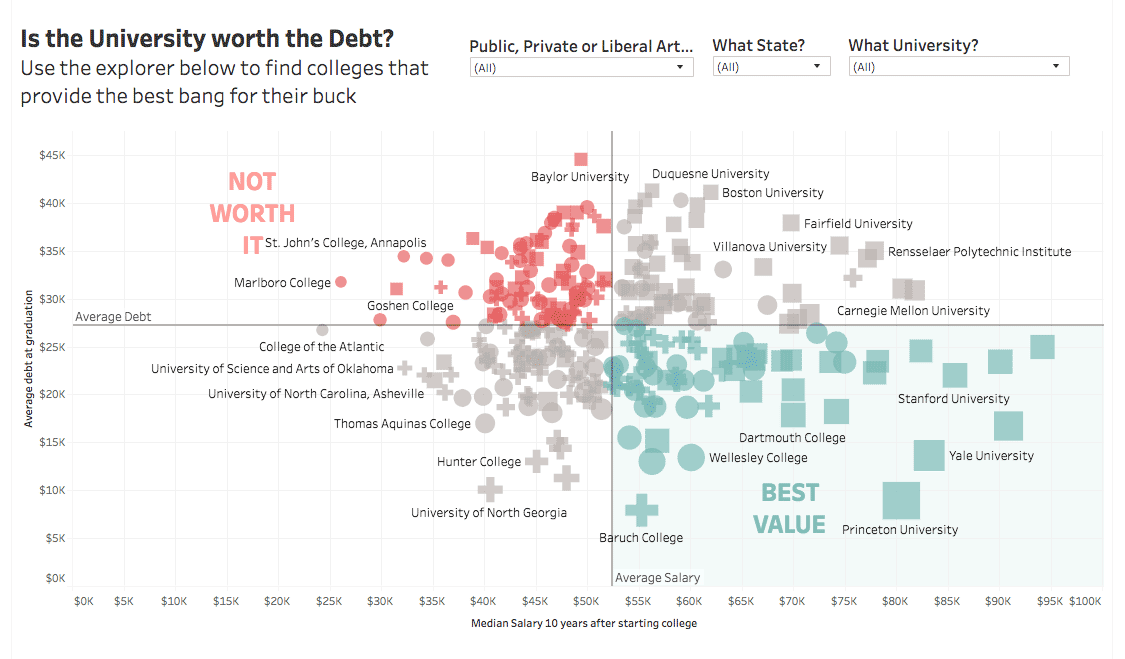
Is the University Worth the Debt?Interactive
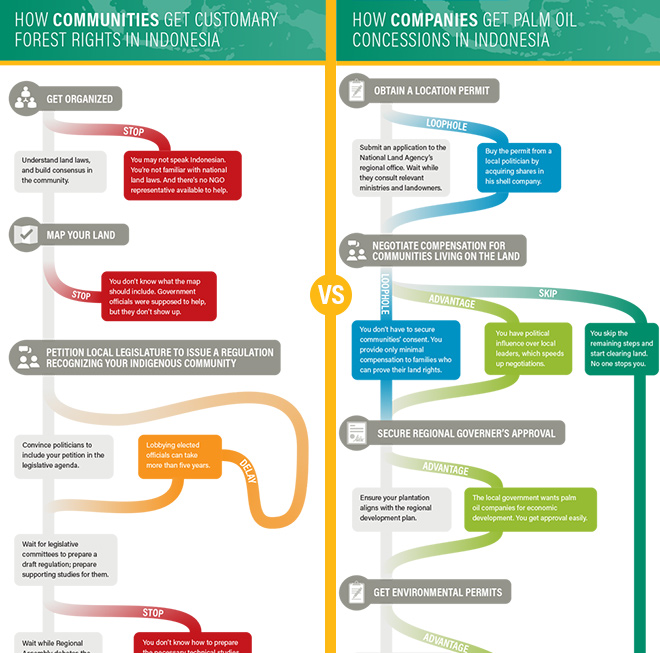
Scramble for Land RightsInfographic

Show FlyersConcert posters
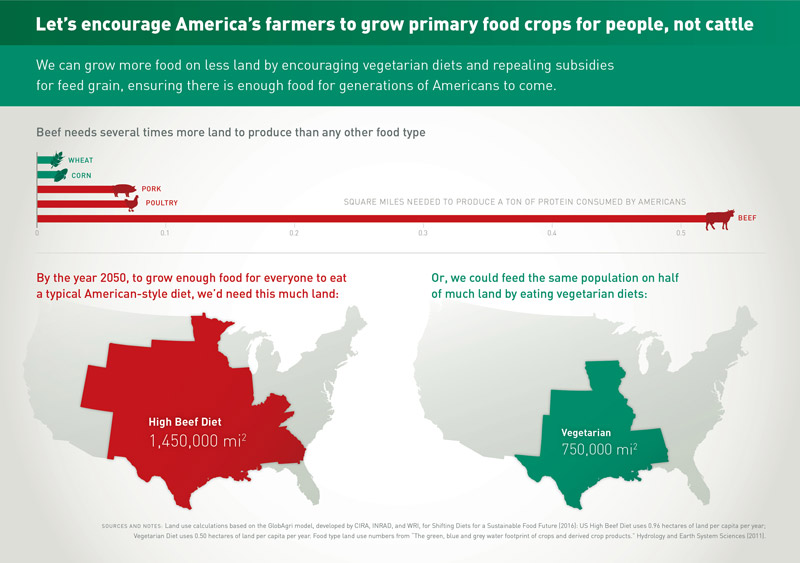
Land for Plants, not CattleInfographic
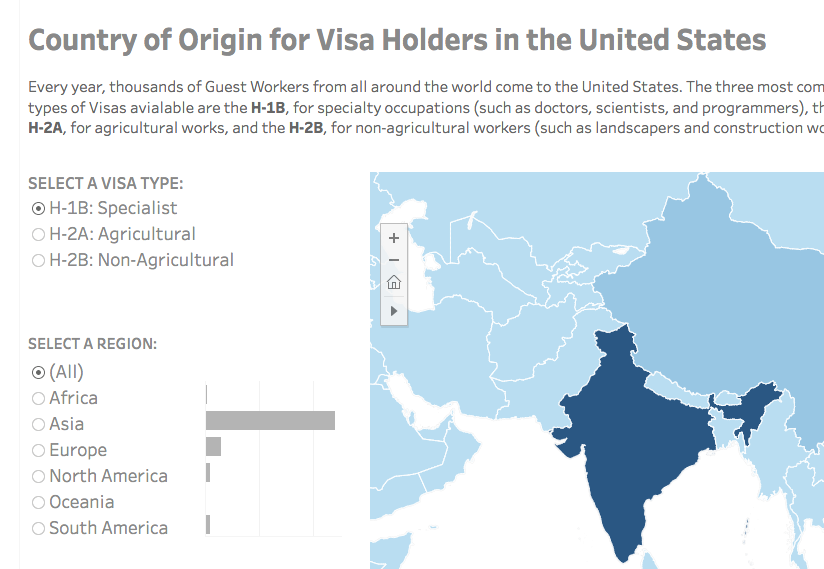
Visa Holders DashboardsInteractive
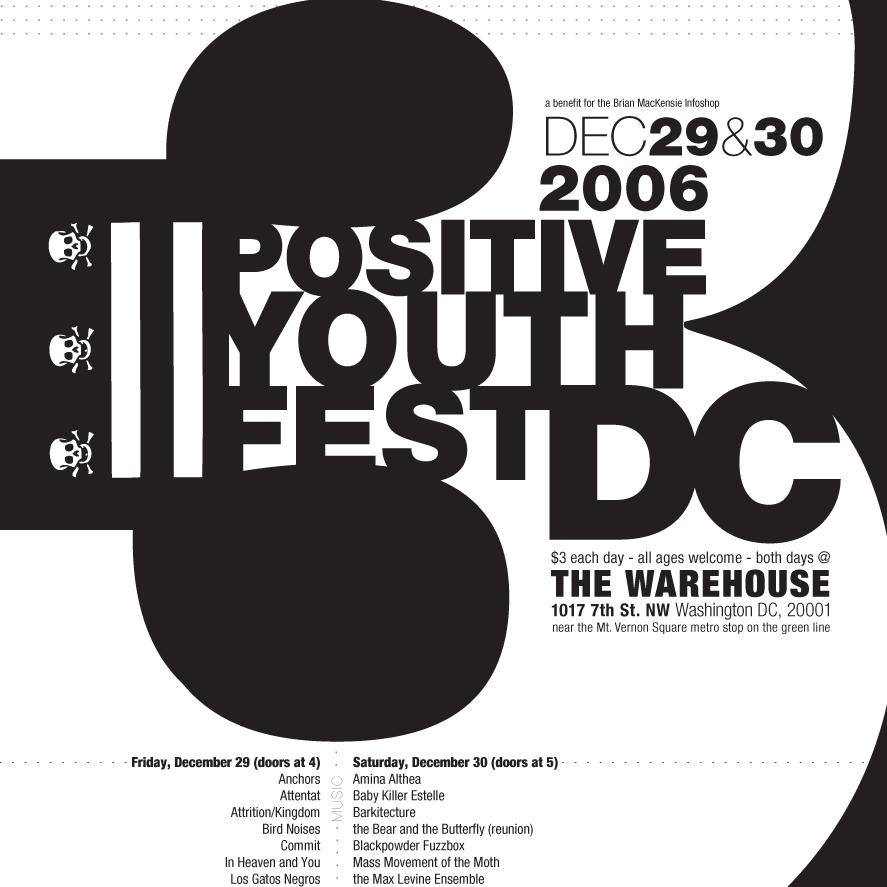
Positive Youth FestConcert Poster
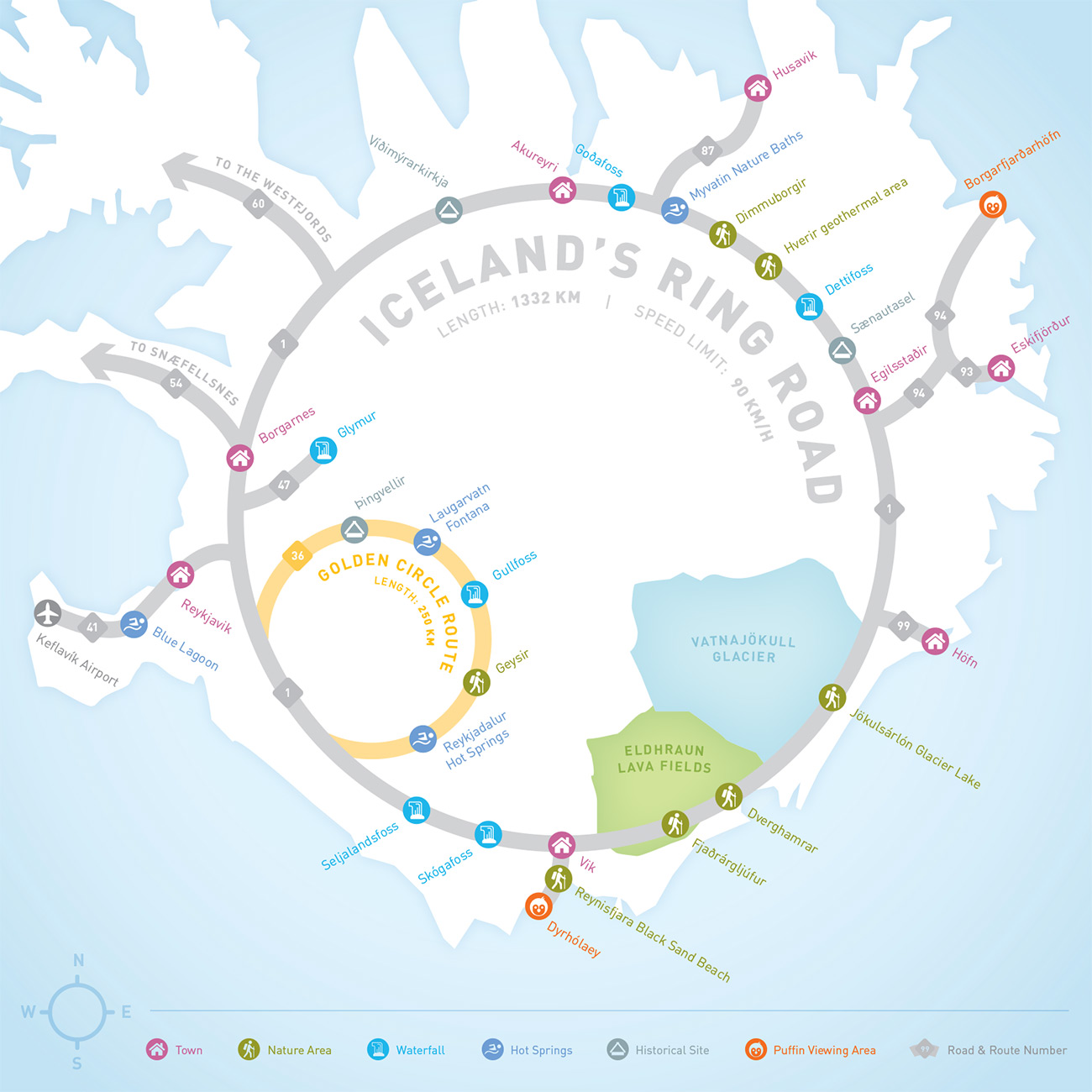
Iceland Ring Road MapInfographic
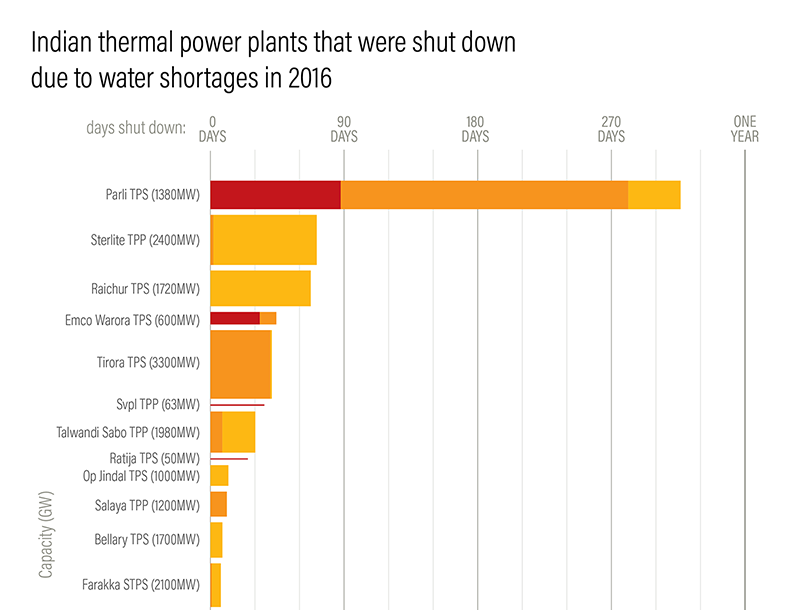
Droughts & BlackoutsData Visualization
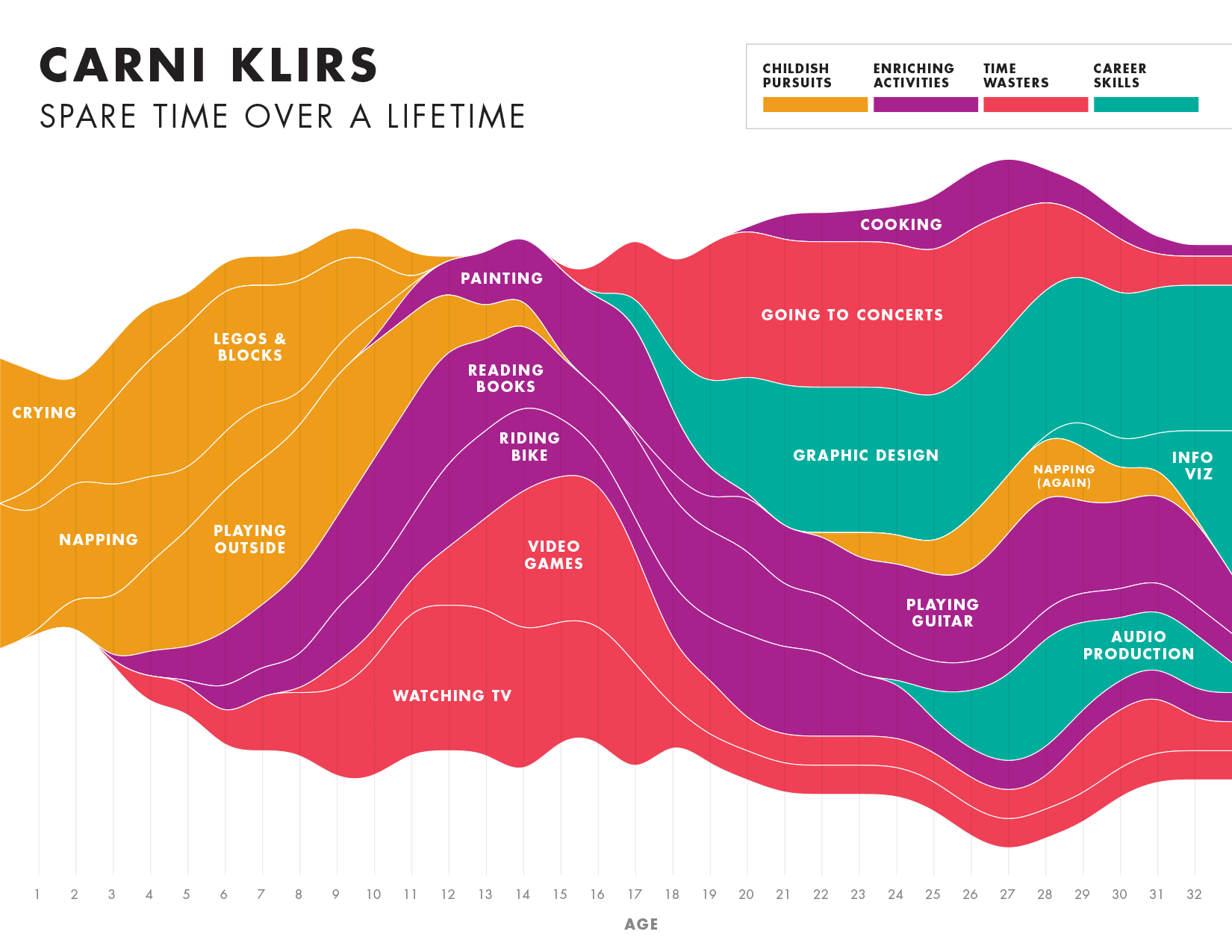
Spare Time over a LifetimeInfographic
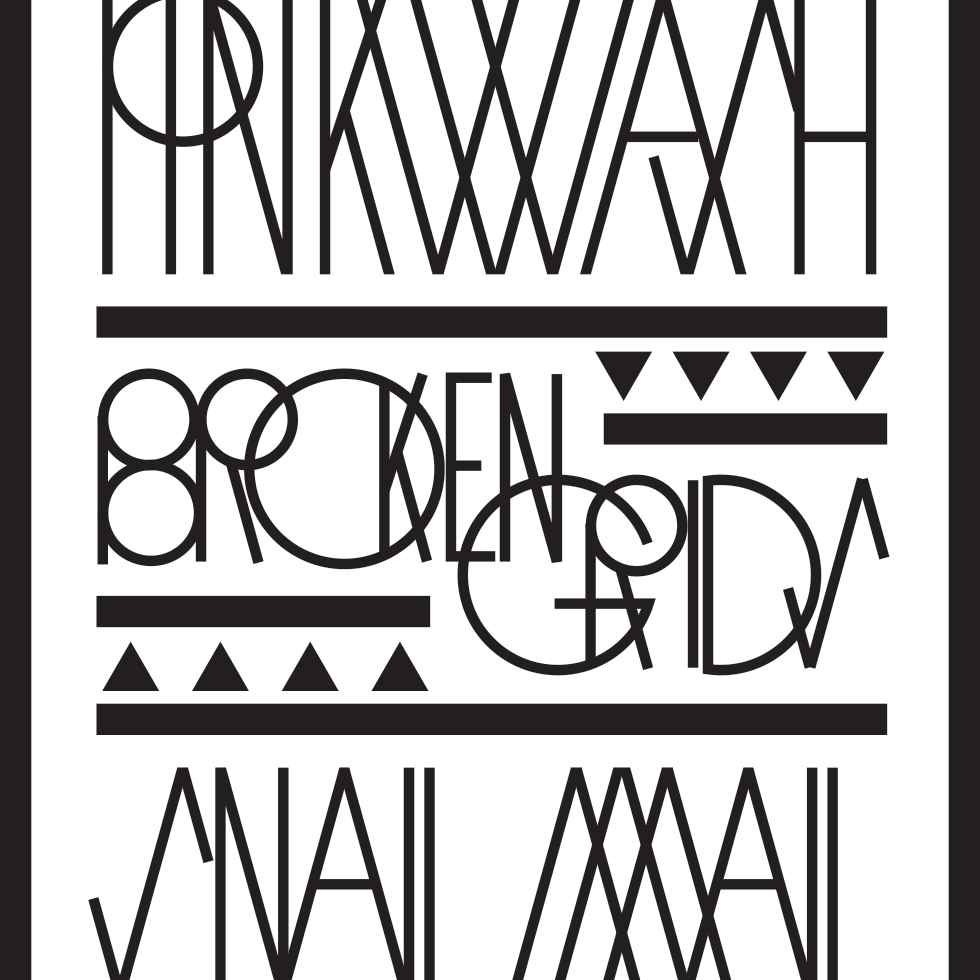
Pinkwash posterConcert Poster
Please be in touch: carni.klirs@gmail.com. Follow me on instagram or twitter.